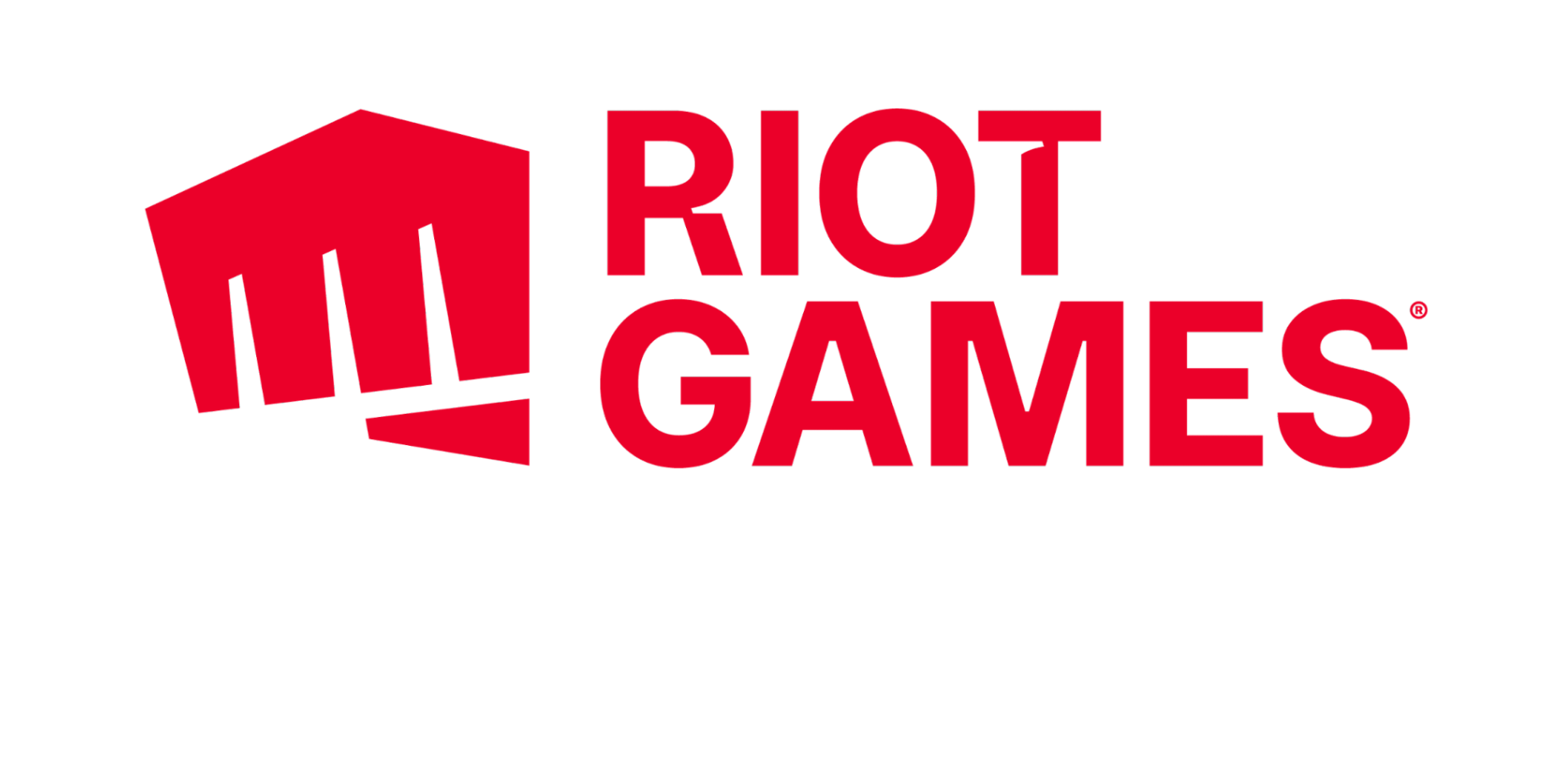Key metrics
Overview

About Riot Games
Based in Los Angeles, California, Riot Games is a video game developer and publisher that is renowned for creating one of the widely played PC games around the world: League of Legends.
Opportunity | Using Amazon RDS to Modernize Databases for Riot Games
Based in Los Angeles, California, Riot Games is the video game development and publishing company behind League of Legends, Valorant, and other popular games. Previously, Riot Games was using on-premises MySQL databases in 13 data centers that are located around the world. However, capacity planning and database maintenance were costly and time-consuming. “Our turnaround time to build on-premises databases was 3–6 months, from getting the request for a database to using the application,” says Martin Baek, database engineering team manager at Riot Games. “It took forever.” And it was difficult to upgrade and procure new hardware without causing downtime while games were live. League of Legends in particular has hundreds of millions of players, and downtime would have major impacts.
Riot Games needed infrastructure that could support large-scale global game launches, minimize latency, increase resiliency, and reduce downtime. As part of its cloud transformation on AWS, Riot Games migrated from its on-premises MySQL databases to AWS managed database services. Riot Games had been using AWS for different use cases since 2016 but had not yet adopted managed database services. In 2021, it chose Amazon Relational Database Service (Amazon RDS) for MySQL—a simple-to-manage relational database service that is optimized for total cost of ownership—as its primary database service for the databases that support its critical Player Platform system. Thus, the company accelerated database provisioning, now taking 10–30 minutes to provision a set of 30 databases using a repeatable framework on AWS instead of 3–6 months on premises. During the migration, a small team of six engineers used Amazon RDS instances for data transfer and replication processes. “We didn’t want to be in the business of building bespoke database infrastructure,” says Baek. “We wanted to use AWS instead and have managed solutions.”
Solution | Running the Player Platform Shared by All Games Using Amazon Aurora
Now, Riot Games uses Amazon Aurora—which provides unparalleled high performance and availability at global scale with full MySQL compatibility—to run the central Player Platform system. Player Platform consists of common critical infrastructure and services that all Riot Games’ major titles require to operate. “We turned to Aurora for its performance, horizontal scaling, and global replication features,” says Baek. “The central databases are serving the entire company and every single game on Aurora.” One of the highly popular titles that Riot Games publishes, Valorant, runs completely on Aurora.
Riot Games used a combination of database migration tooling that was built in house and AWS Database Migration Service (AWS DMS), a service for securely migrating databases with minimal downtime. Thus, the company accelerated the migration of thousands of clusters, hundreds of millions of player accounts, and more than 1 billion rows of data with minimal downtime. The company’s lean, diverse team migrated all critical databases to Aurora and Amazon RDS for MySQL in a relatively short time. “From building automations to implementing everything, the entire migration took us about a year and a half,” says Baek. “On premises, it would have easily taken double that time, with more headache.” Now, Riot Games doesn’t have to do capacity planning, because it can scale as needed with minimal downtime. Riot Games also optimized its existing infrastructure to be more efficient in the cloud. “We used automations on Amazon RDS to rightsize all our databases,” says Baek.
Using infrastructure as code, Riot Games launched Amazon EC2 instances, restored MySQL backups into Amazon RDS, and monitored everything with automated checks and alerts. “That shows the time we’re saving,” says Brijesh Savaliya, principal database engineer at Riot Games. “By building automations, we have to do one thing, and it builds up the entire infrastructure on AWS. We were able to do this migration flawlessly with only six people on the team.”
Riot Games has greatly reduced the operational overhead for its small development team. “Building cloud databases has been a lot simpler and efficient,” says Baek. “Turnaround time is great, and reliability has been much improved compared with the on-premises databases.” Riot Games is deploying resources in multiple Availability Zones—discrete data centers with redundant power, networking, and connectivity—to enhance its fault tolerance. Now, the company can manage new game launches in addition to Riot’s global esports events like the League of Legends World Championship and VALORANT Champions confidently with its increased resiliency and scalability.
By migrating to AWS, Riot Games has modernized its infrastructure without disrupting players’ experiences. The company has simplified resource deployment worldwide by taking advantage of the global reach of AWS services. By running databases in the cloud, the company has greatly reduced the risk of downtime due to natural disasters and other physical events. “League of Legends is a giant game. On AWS, we took a dataset that had taken us more than 10 years to build by hand across 13 data centers and migrated it to the cloud in a year and a half,” says Baek. “That was fast, and the sheer scale was monumental.”
Outcome | Optimizing for Automations and Resiliency
To further optimize its databases, Riot Games plans both to implement more automations for database upgrades and to explore NoSQL options. The company is also looking at the full set of Aurora features for other ways to improve its infrastructure. “The sheer flexibility to spin up whole fleets of databases at once and flip entire regions to a new architecture was really nice and fun to do on AWS,” says Baek.

The sheer flexibility to spin up whole fleets of databases at once and flip entire regions to a new architecture was really nice and fun to do on AWS.
Martin Baek
Database Engineering Team Manager, Riot GamesAWS Services Used
Get Started
Did you find what you were looking for today?
Let us know so we can improve the quality of the content on our pages